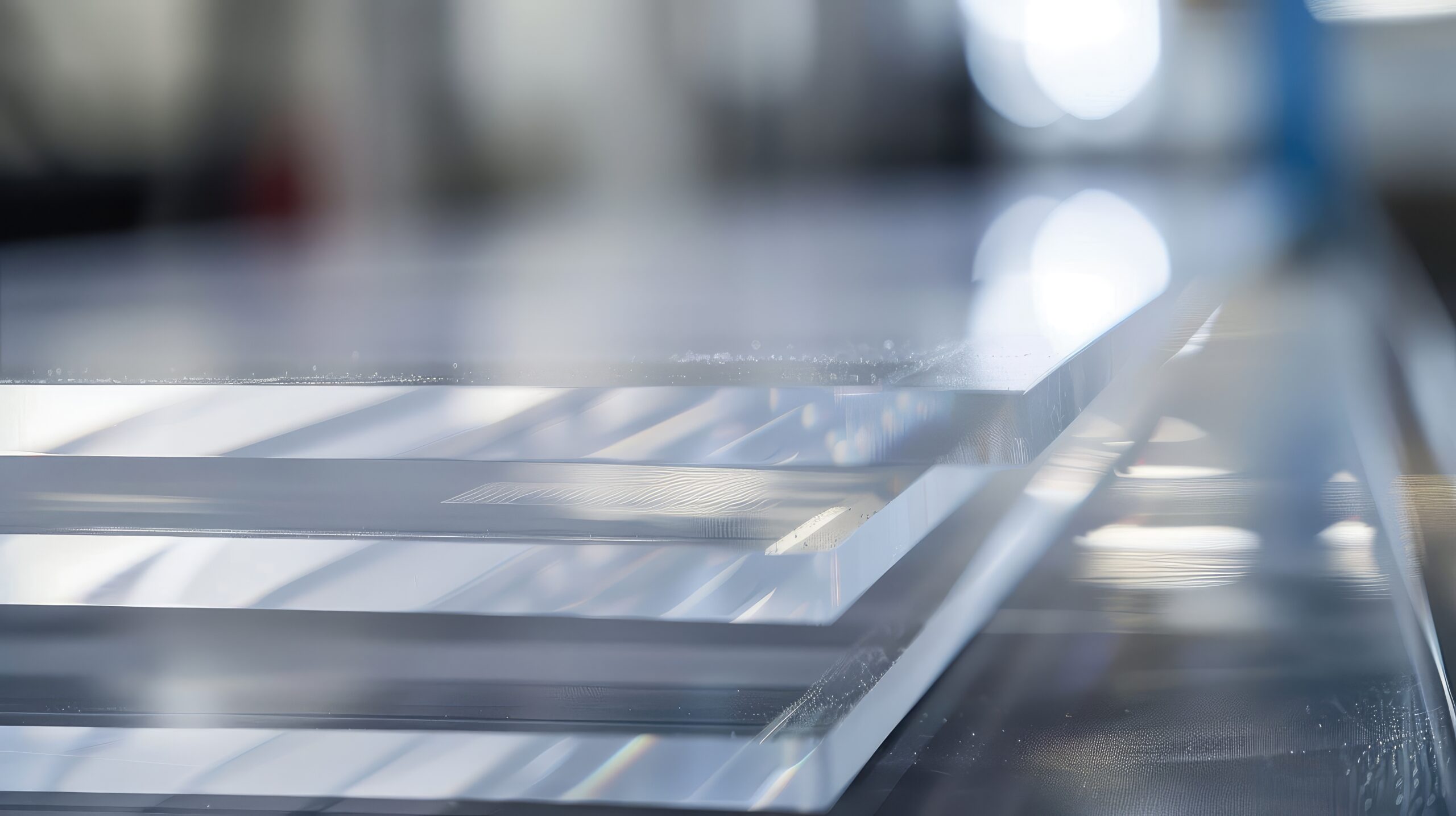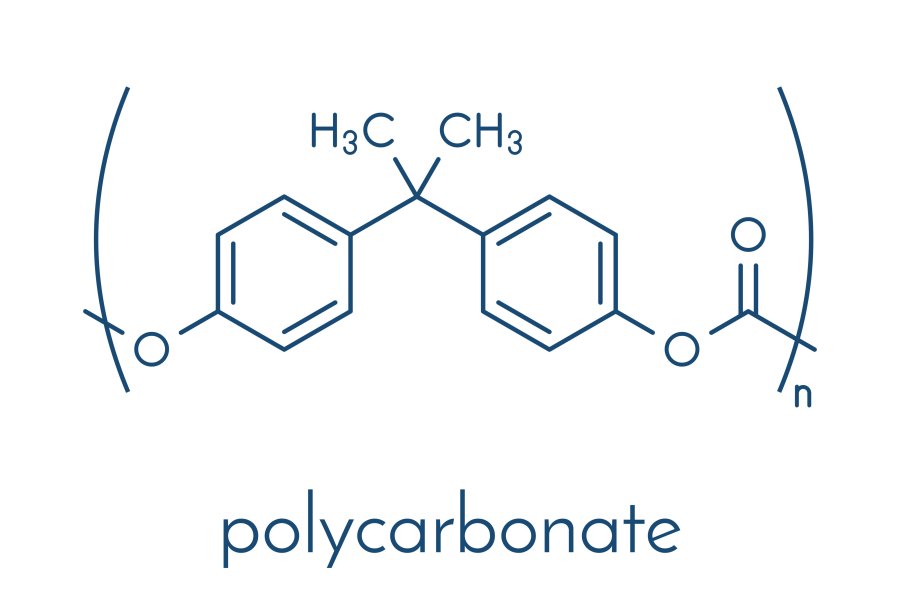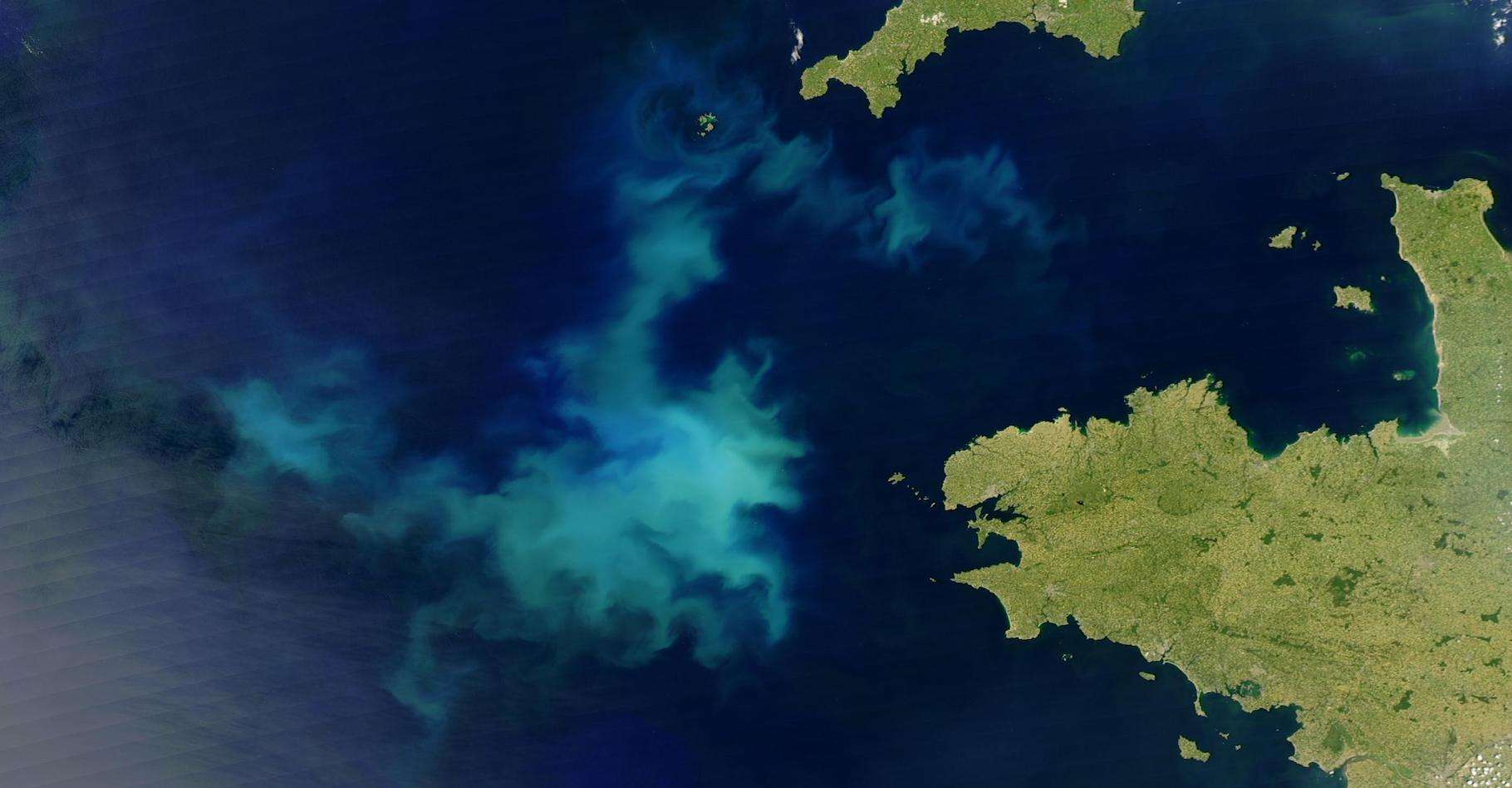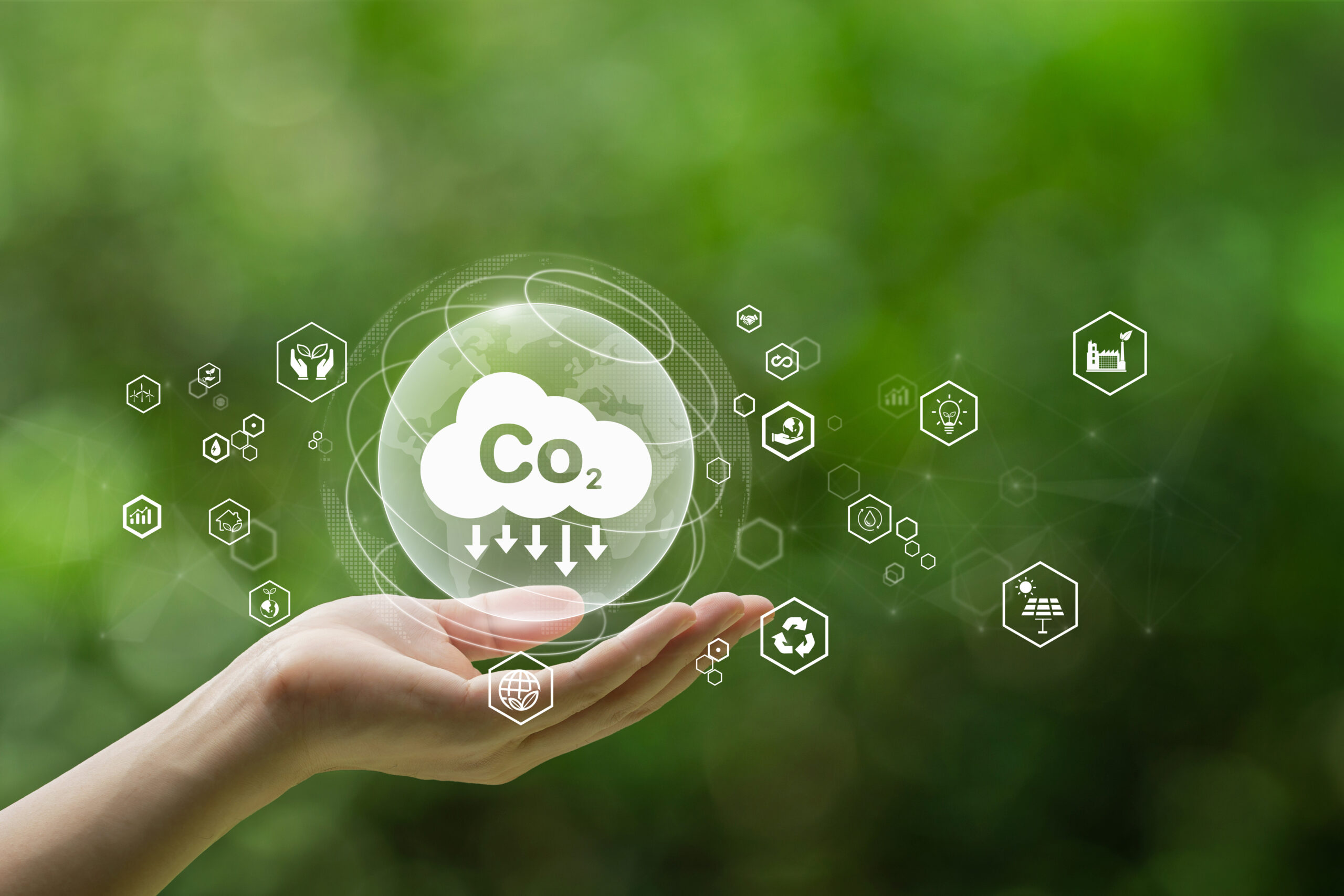
CARBONARA Project
BPA-free, bio-based, and recyclable polycarbonates produced via CO₂ conversion

Project coordinated by CEA
Duration of 4,5 years
2,14 millions euros of budget
2 theses
Context and challenges
Polycarbonates (PC) are versatile polymers, widely used in sectors such as automotive, construction, consumer goods, medical devices, and textiles. The global PC market is expected to reach €31.1 billion by 2030. However, their conventional production, based on petroleum-derived bisphenol-A (BPA) and phosgene, raises serious environmental and health concerns. BPA, an endocrine disruptor, limits the use of PCs in food-contact applications, while phosgene, a highly toxic gas, requires strict industrial safety measures. Additionally, halogenated flame retardant additives complicate the recycling of end-of-life PCs.
Scientific objectives
“The CARBONARA project aims to develop bio-based polycarbonates (PCs) that are BPA- and phosgene-free, with improved recyclability through CO₂ valorization. Unlike existing partially bio-based solutions, CARBONARA will rely on second- and third-generation resources, such as terpenes and biomass-derived diols, to avoid competition with food crops. Two pathways will be explored: the polymerization of epoxidized terpenes (ETP route) and the direct carbonation of bio-based diols (DCD route), using CO₂ as a carbon source.
The consortium

More projects


